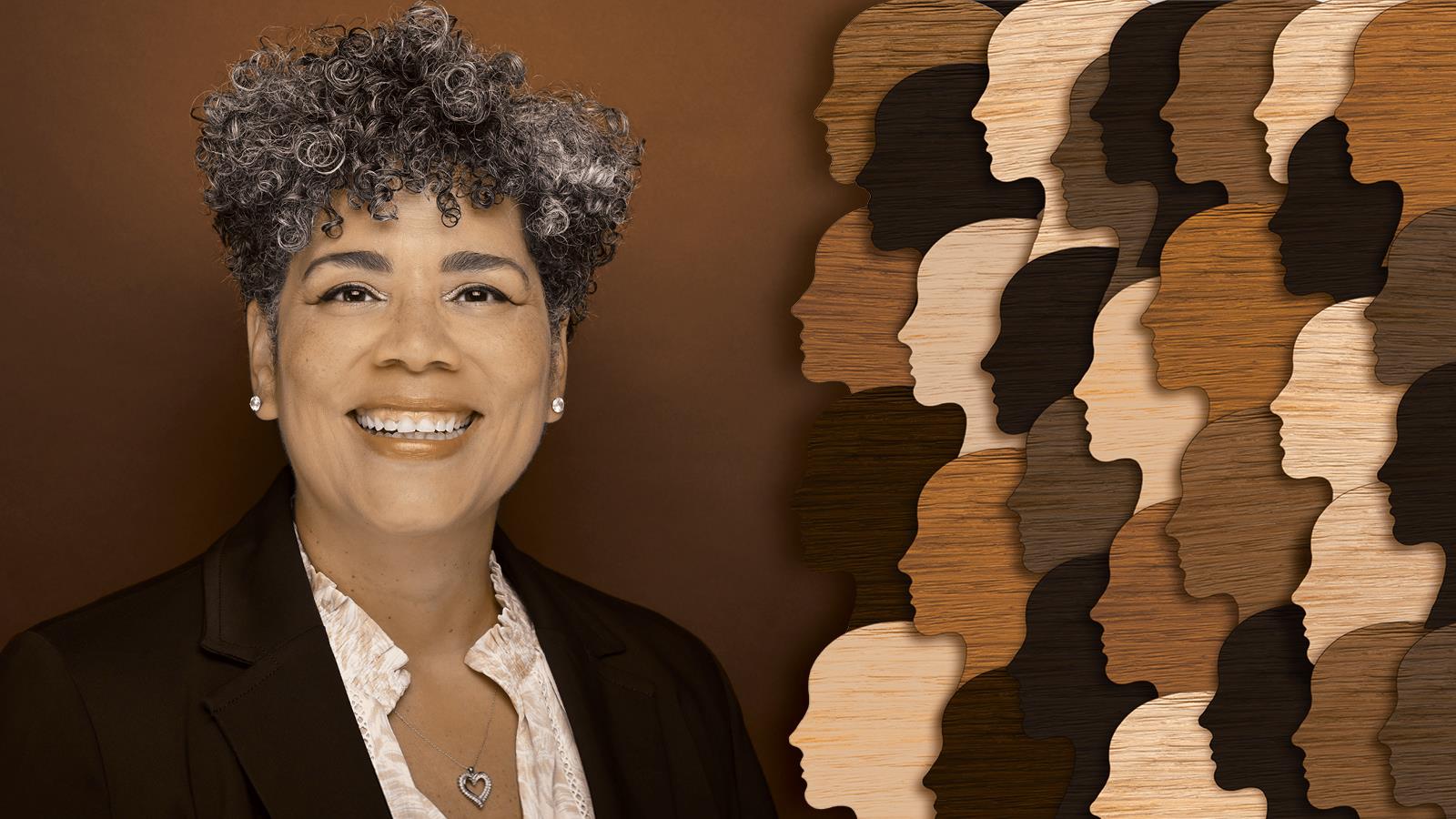I am an Afro-Latina woman. I’m also a first-generation American of Dominican parents. And I’m finally at a point in both my personal and my professional life where I’m comfortable with who I am. I’m no longer trying to blend in – or hide the fact that I’m a woman, let alone a woman of color, like I was earlier in my life and career. However, while I’m proud of my roots – and understand how that makes me who I am – I can still feel vulnerable.
With this in mind, I recently led an intimate conversation on “colorism” with about 25 women on behalf of the Healthcare Businesswomen’s Association (HBA) Women of Color affinity group.
Colorism is a type of discrimination based on skin color and skin tone that disadvantages people who have darker skin tones, in comparison to others, while privileging those who have lighter skin. And, while it is an important factor in understanding racism more broadly, it is often done within groups of people of the same race or ethnicity – even within families.
Three goals drove this conversation for me:
1. Create an opportunity for people experiencing colorism to openly discuss its impact – and how we are passing colorism down to the next generation, sometimes not consciously. I'm learning about this, learning a new language, learning how this has impacted me personally. In fact, my niece recently told me that, for her, colorism can feel worse than racism because it's often from people who are like you; it stings more when it's your own people. I agree that there is a level of hurt and impact that comes from the fact that we're in the same race. With racism, I can say, they don't know anything about me, they’re just ignorant. I can mentally have an excuse for their racism to lessen its impact.
So, I wanted to explore this with others, see if they felt the same way. Many of the women who participated in the HBA event shared their own pain – how they were looked down on by their maternal family members for having inherited the darker skin tone of their father, or how family members offered them skin bleaching cream, or how their brother who was darker was teased about whether he was really related.
2. Open a safe space to have this conversation. Even just preparing for the event with Vanessa Nortey, my co-facilitator, we were able to talk with each other in a way that you don't normally talk with people in business or people you work with. The actual event conversation was so powerful. These women were among strangers. I was a stranger among strangers. And somehow, we were able to create a space where they could share such personal experiences and cry with us. You rarely get to do this, to come to the office and say, “Let me tell you how hard it is because I have curly hair and because I'm Latina and brown and me.” Some of the women said it was probably the first time they were able to say that in a way that felt really safe to them.
3. Begin a conversation with the hope of continuing the conversation. I believe talking about colorism makes us conscious of it and helps get us all thinking about how not to do this to the next generation. For myself, I am the most authentic self I've ever been in the workplace, and this is the best time of my life. When you’re authentic, you can bring your whole self to the workplace – not spend energy on pretending to be someone else – and be more successful. The more each of us can do for ourselves and the next generation in showing up as who we are, the more time all of us can spend on the things we care about the most.
The Healthcare Businesswomen’s Association (HBA) is a global nonprofit organization comprised of individuals and organizations from across the healthcare industry committed to achieving gender parity in leadership positions, facilitating career and business connections, and providing effective practices that enable organizations to realize the full potential of their female talent. The HBA Women of Color (WoC) affinity group seeks to drive awareness, change and equity to tackle disparities in leadership advancement for women of color at all levels. CSL Behring is the sole sponsor of WoC.



